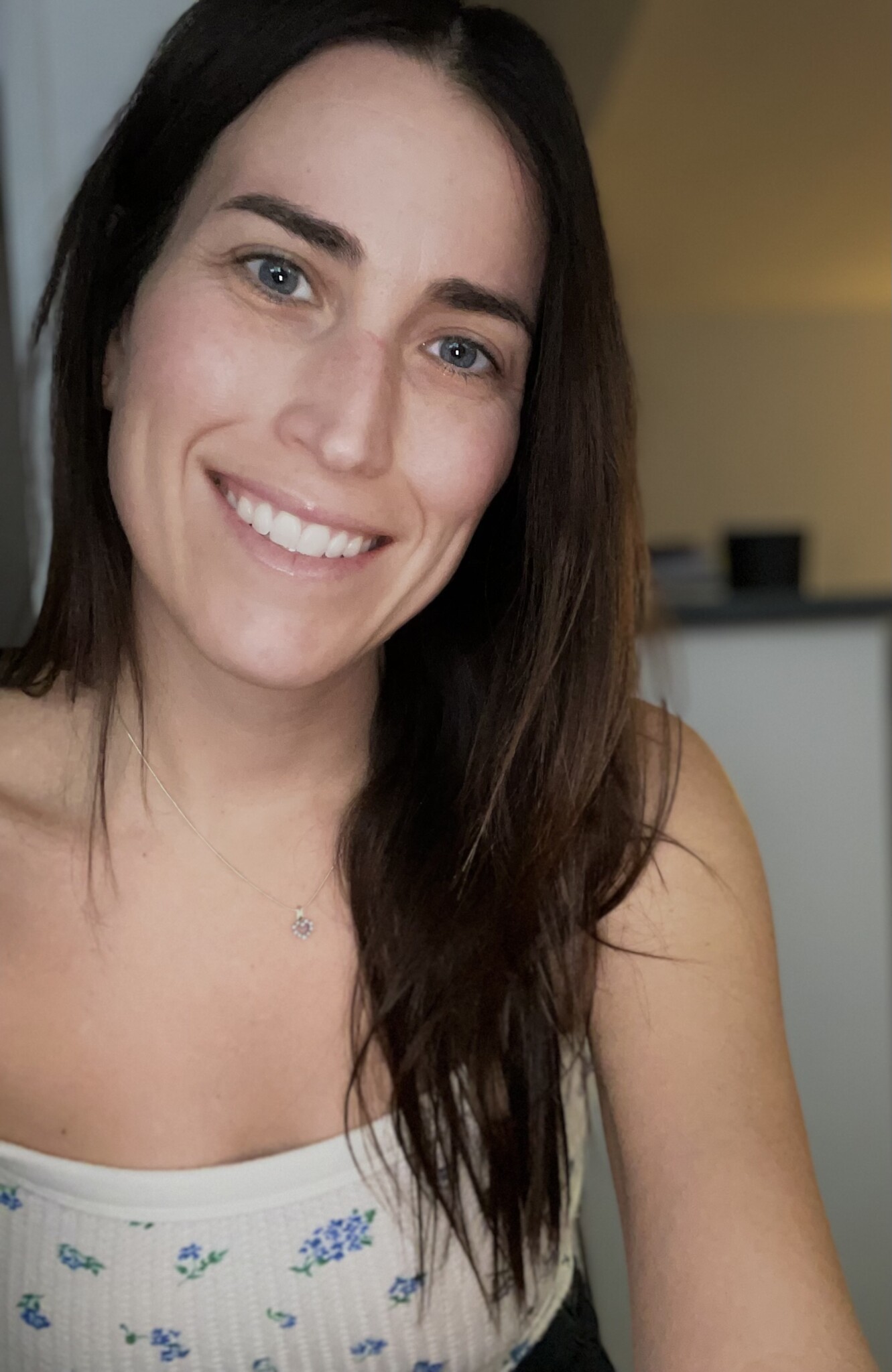We recently connected with Amanda Feldman and have shared our conversation below.
Amanda, looking forward to hearing all of your stories today. Was there a moment in your career that meaningfully altered your trajectory? If so, we’d love to hear the backstory.
I became a therapist with the goal of having my own practice one day. In 2017, I was newly licensed. I had signed up for my licensing exam the moment I was eligible, and I passed at my first attempt. I immediately applied for my license number with the Board of Behavioral Sciences, and was ready to hang my proverbial shingle. I decided to leave community mental health altogether, and upon return from a three month sabbatical abroad, made efforts to start building my clientele through networking, Psychology Today, and word of mouth. Without steady income yet, I was fortunate that my dad offered to invest in me during the infancy stages of my business. But my family’s financial landscape changed, and I was no longer receiving his help, which subsequently altered the trajectory of my career path. My anxiety peaked. I did not know how I would be able to afford all of my expenses. I had been relying on his financial support until my practice could sustain me. I had to pivot, but I didn’t know where to turn. My best friend still worked for the community mental health agency I had left upon my licensure. She reminded me about their juvenile justice program working with incarcerated youth, which had an open position. It was the silver lining, a happy accident to show me that sometimes life has other plans for us, and that nothing actually happens by accident. It was THE defining moment of my life, the moment that helped me discover not just my resilience, but more importantly, my life’s purpose.

Amanda, love having you share your insights with us. Before we ask you more questions, maybe you can take a moment to introduce yourself to our readers who might have missed our earlier conversations?
Throughout many different stages of my life, my thoughts and feelings ended up in the lost and found of my inner world. As a therapist, it is therefore my goal to create a space that empowers my patients to find their own voice. The one that allows them to face their innermost self. To lift the guise of shame and discover all that makes them human. To explore the murkiness of the unconscious so that they may navigate the universal condition of being a human being within the scope of their individual experiences.
The therapeutic bond is a sacred, symbiotic relationship through which my patients remind me of the expansive range of what it means to be human. Their projections equally facilitate a return to my own self, as our psyches dance together to the intangible music co-created by the ways we transform one another. The transference of unconscious projections between us is used to shapeshift the sense of self they take back out into the world. In doing so, they incite a ripple effect in all of their interactions as they engage in the world around them, having more meaningful lives and facilitating a more conscious world.
Putting training and knowledge aside, what else do you think really matters in terms of succeeding in your field?
Searching for a therapist is much like dating in search of a life partner – daunting. With a checklist of boxes outlining their perfect match, many prospective patients seek out therapists working from a particular theoretical orientation or trained in specific evidence-based models of therapy. While a therapist’s skills and competency are essential components of a patient’s experience in therapy, research consistently demonstrates that a strong therapeutic relationship is one of the most significant predictors of positive treatment outcomes across different therapy approaches. A strong bond with the therapist can foster trust, motivation, and engagement, enabling clients to work through difficult issues more effectively. This truth was never more apparent to me than early on in my career when I received feedback from one of my patients in juvenile hall. He told me that although he sensed my genuine desire to help, I needed to “drop the textbook BS and just talk” to him. The more we as therapists show up in our authenticity as equally flawed human beings, the more shame is dispelled and the more our patients are willing to surrender their defense mechanisms and enter into the vulnerable space where the therapeutic magic takes place.
Learning and unlearning are both critical parts of growth – can you share a story of a time when you had to unlearn a lesson?
We all have experienced many moments in our professional life when our work-life balance has been upended. In 2022, burnout – a millennial buzzword in the workforce, a longstanding concept for therapists – hijacked my life, and in turn impacted the quality of care I was able to provide for my patients. I felt torn between what had initially been my end goal (private practice) and what had developed into my sense of purpose (correctional mental health). Some of the key reasons for my confliction were the autonomous and lucrative nature of having my own business, and the pieces of my identity attached to having a private practice. For months I was unable to find resolution. In my own therapy, I reexamined the values and beliefs I had been conditioned to subscribe to by both my family and social standards for success. This exploration led to difficult yet necessary decisions, which ultimately helped me to redefine success on my own terms and achieve more balance between these two aspects of my professional pursuit.
Contact Info:
- Website: https://www.amandafeldmantherapy.com


